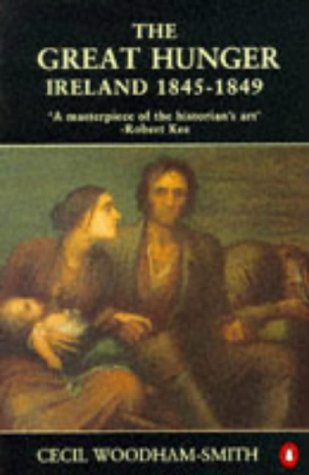

At one point he ended relief completely as economic downturn arrived, saying that he would "leave the rest to God." Speculators and landlords amassed huge profits - indeed Trevelyan saw opportunity for profit in the famine, rather than horror.

The population had no money and no employment, and the grain crop was exported to pay rent.

Particularly during 1847, Ireland continued to export grain, which that year was a bumper harvest. "The Great evil with which we have to contend, is not the physical evil of the famine, but the moral evil of the selfish, perverse and turbulent character of the people." For Trevelyan, the greatest problem was that famine relief might upset the profits of merchants and undermine free trade. Sir Charles Trevelyan, who oversaw relief efforts (such as they were) during the famine, had little but contempt for the Irish. "Would to God the Government would send us food instead of soldiers" lamented a starving citizen in County Mayo as soldiers arrived in the region.

She points fingers clearly, particularly at those ministers who would do nothing to provide assistance, seeing the Irish as a source of trouble, rather than people to help. In addition, ministers were more interested in the profits of food merchants than the relief of the poor.Ĭecil Woodham-Smith's social history of the period and of Ireland before and after the famine is a detailed extensive history of this sad period. The starvation that followed however was entirely man made, and a direct result of racist, colonial attitudes of government in London. The potato blight that destroyed repeated crops was a purely natural phenomena. It's legacy, for millions of people in the Irish diaspora was a hatred of the British ruling class. A further million people fled the country looking for food and work. The Irish Potato Famine of 1845-9 probably resulted in 1.5 million deaths.


 0 kommentar(er)
0 kommentar(er)
